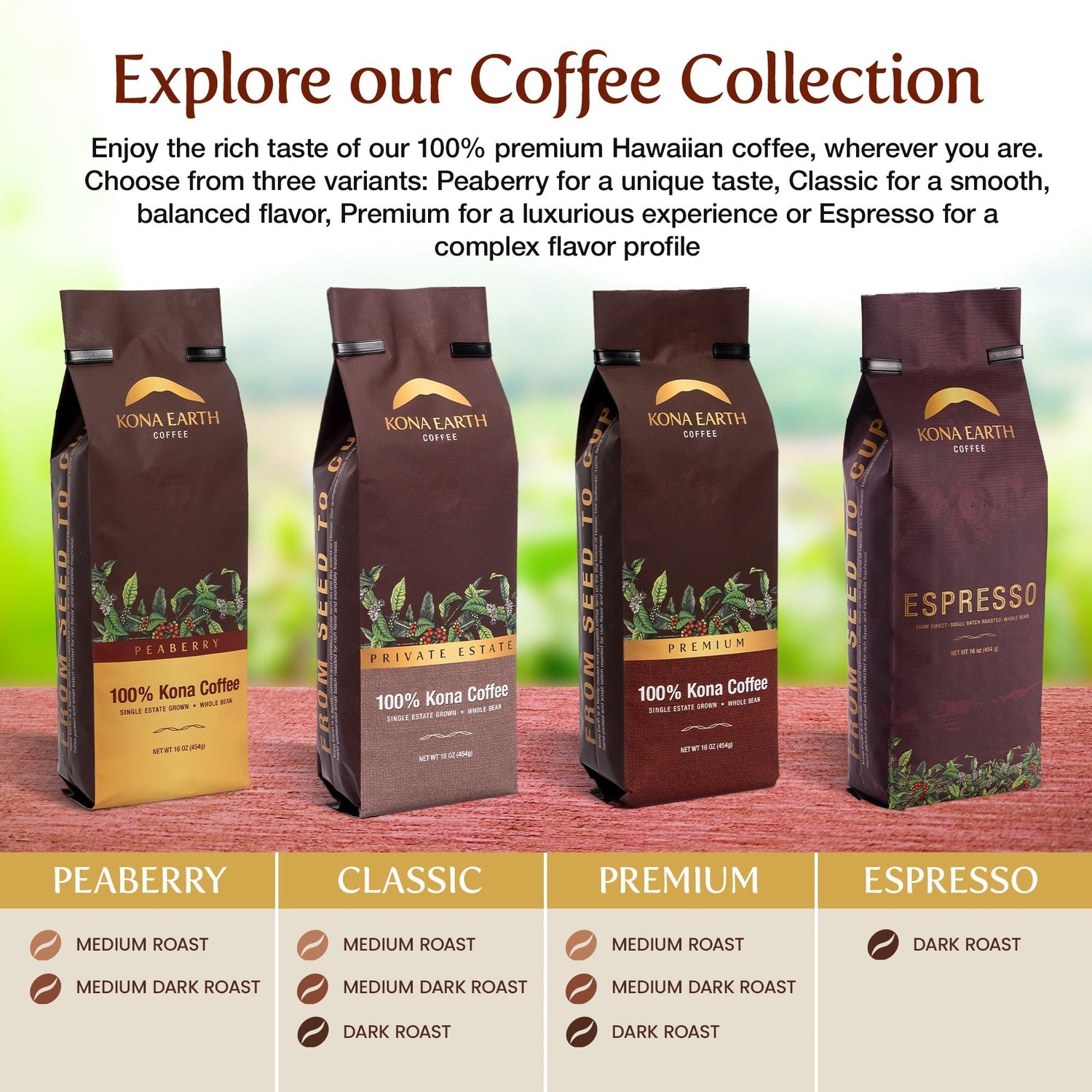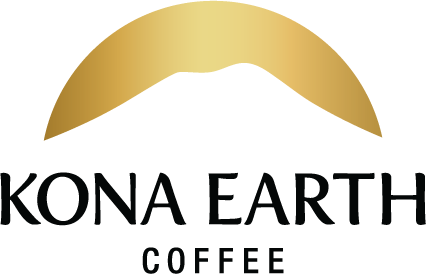
Kona Coffee is known worldwide as a high-quality specialty coffee with distinct characteristics of the region in which it is grown. Why does it not receive protected status under current Hawaii labeling laws?
Protected designation of origin (PDO) identifies products that are produced, processed, and prepared in a specific geographical area, using the recognized know-how of local producers and ingredients from that region – think "Idaho potatoes," "Florida orange juice," or "Napa Valley wine." Why doesn't Hawaii value "Kona coffee" in this same way?
The Kona Coffee Belt is a tiny strip of land on the western side of the Big Island of Hawaii. Just a few miles wide and only 30 miles long, the area has ideal conditions for growing excellent Arabica coffee, with a mild, tropical climate and mineral-rich, volcanic soil. The Kona Typica variety has a well-earned reputation for excellence.
Genuine 100% Kona Coffee can only be grown in this specific Kona coffee belt region and must contain, as the name implies, 100% Kona-grown coffee. The resulting signature 100% Kona Coffee is known for its rich, aromatic flavor with minimal bitterness or aftertaste, appealing to coffee aficionados around the world. It is considered a premium gourmet product and is prized by coffee lovers everywhere. As such, 100% Kona Coffee commands some of the highest prices in the world.
One of the few specialty coffees grown in the United States, Kona Coffee supports many small, family-run farms. Unlike most other coffee-growing regions globally, Hawaii farmworkers receive a living wage.
Recently, Representative Nicole Lowen wrote a convincing essay on this issue. She represents the Kona district in the Hawaii House of Representatives and understands Kona blends' damage to local farmers.
As it stands, any brand can claim to be "Kona Coffee" with as little as 10% of beans sourced from Kona. Visitors to the Big Island pick up a bag of this "Kona Coffee" and wonder – "What's the big deal? Doesn't taste that special to me". Well, no wonder. These so-called Kona “blends” mix in less expensive beans imported from other regions, then pass the result off as "Kona coffee" to unsuspecting tourists or shoppers on Amazon looking for a great deal.
This inauthenticity is not only a disservice to consumers. It damages Kona coffee’s reputation and the local coffee farmers who go to great expense and care to produce the real thing. It dilutes the brand's value and degrades the status of Kona coffee overall. It's deceptive, dishonest, and unfair.
A recent attempt at legislation in Hawaii to address this problem, HB1517, had universal support among authentic Kona coffee farmers. It would have required coffee using the word “Kona” to include at least 51% of beans from that region. Labels will have to detail what other beans are included and in what percentages.
Sounds reasonable right? Unfortunately, large coffee importers (many on the mainland) and retailers like McDonald's want to claim they serve "Kona coffee" without having to pay for the real deal. Who gets left holding the burlap bag? The local farmers with less political heft and more to lose. Though the measure beefed up labeling requirements, it didn’t raise the percentage limits as farmers had hoped. The legislature "kicked the coffee can down the road for “more study” on the economic impacts.
Lawyers are stepping in where legislators have previously failed. Recently, there were settlements from lawsuits against retailers including Albertsons, Safeway, Kroger, and Hawaiian Isles Kona Coffee Co, Ltd. All were selling mislabeled Kona coffee. Perhaps lawsuits and monetary damages – and the unwelcome publicity that comes with them – will deter the continued deception or at least provide a measure to promote complete labeling information.
Kona coffee – authentic 100% Kona coffee – is a gourmet specialty product. It is produced in a tiny geographic area and is limited in quantity. Its rarity makes it all the more valuable. Unlike many other coffee-producing regions, Kona does not produce a mass commodity intended for mass consumption. It is a unique product that directly reflects the distinct characteristics of the area in which it is grown. Kona Coffee is a brand worth protecting.
Until this happens, Kona coffee fans and visitors should be sure to look for 100% Kona on the labels of brands they support. Only then can they be confident they are getting the real thing.


